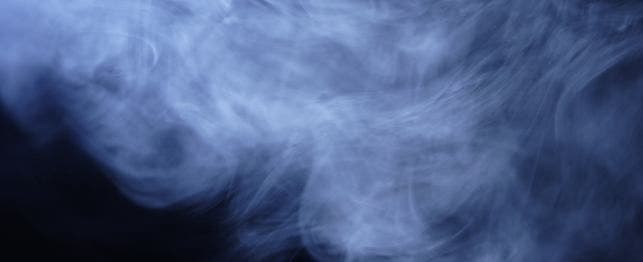
Risks of Secondhand Smoke in Dogs
Secondhand Smoke in Dogs
Much press has been given to the effects of secondhand smoke on people but what, if any, is the effect on our dogs?
Environmental tobacco smoke or second-hand smoke is composed of the smoke exhaled from a smoker as well as the smoke released from the end of a burning cigarette, pipe or cigar. It consists of more than 4,000 chemicals including carbon monoxide, formaldehyde, benzene, chromium, nickel, vinyl chloride and arsenic.
Scientific evidence carefully collected over the last 30 years shows that people repeatedly exposed to environmental tobacco smoke are more likely to develop and die from heart problems, lung cancer and breathing problems. Several studies have been done that show chronic exposure also increases the incidence of lung disease and eye irritation in our pets.
Recent studies have shown that dogs in poorly ventilated areas with chronic exposure to tobacco smoke have a high incidence of lung and nasal cancer. Those breeds of dogs with long noses, such as collies, Afghans, etc., are at greater risk of nasal cancer. Those breeds with short noses, such as bulldogs, pugs, Shih tzu‘s, etc., have a greater risk of lung cancer. It is suspected that the difference between breeds and the types of cancer relate to where the cancer causing particles are deposited. In short nose breeds, the particles are able to pass into the lungs before being deposited. In long nose breeds, the particles are deposited along the lining of the nasal passages.
Secondhand smoke alone has not been shown to cause the above-mentioned disorders. The primary culprit is chronic exposure in poorly ventilated areas. Unfortunately, many of the harmful products in smoke are in the form of gas. Therefore, environmental tobacco smoke cannot be entirely filtered out through ventilation systems or special fans. It can take many hours for the smoke of a single cigarette to clear.
Tips for Minimizing Risk of Secondhand Smoke in Dogs
If you are a smoker and your dogs are exposed to second-hand smoke, this might be a good reason to stop. Or…consider smoking outside. If neither of these are options, you might consider having smoke-free areas in the house to which your dogs can escape. Regular brushing and grooming help to remove the smoke residue form their hair. This is especially important in cats that are likely to groom, lick and ingest the residue on their coats. Air purifiers may also be helpful. Some veterinarians suggest at vitamin C and other anti-oxidants to minimize the cancer generating effects. See your veterinarian to determine if these are good options for your dog.